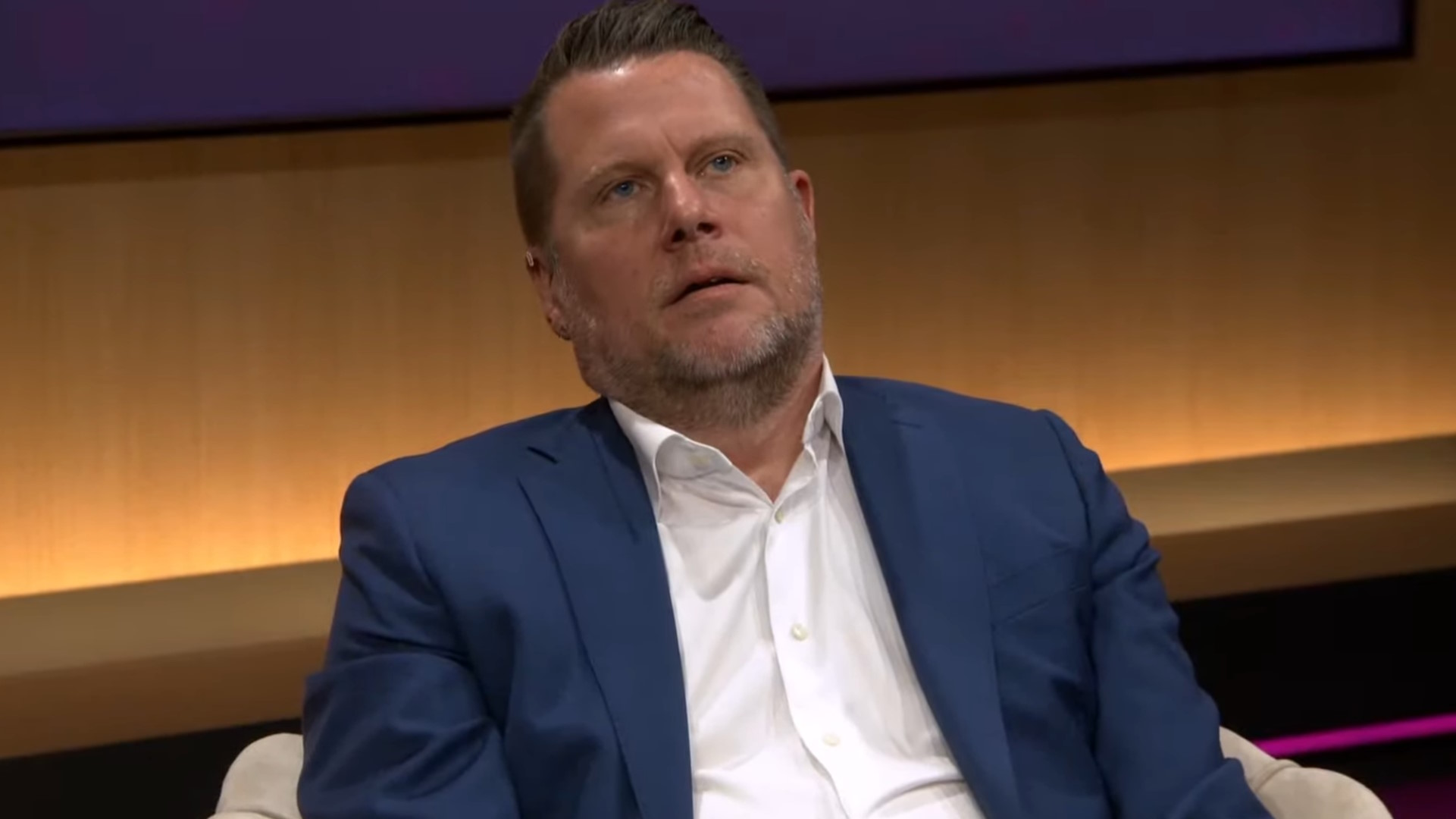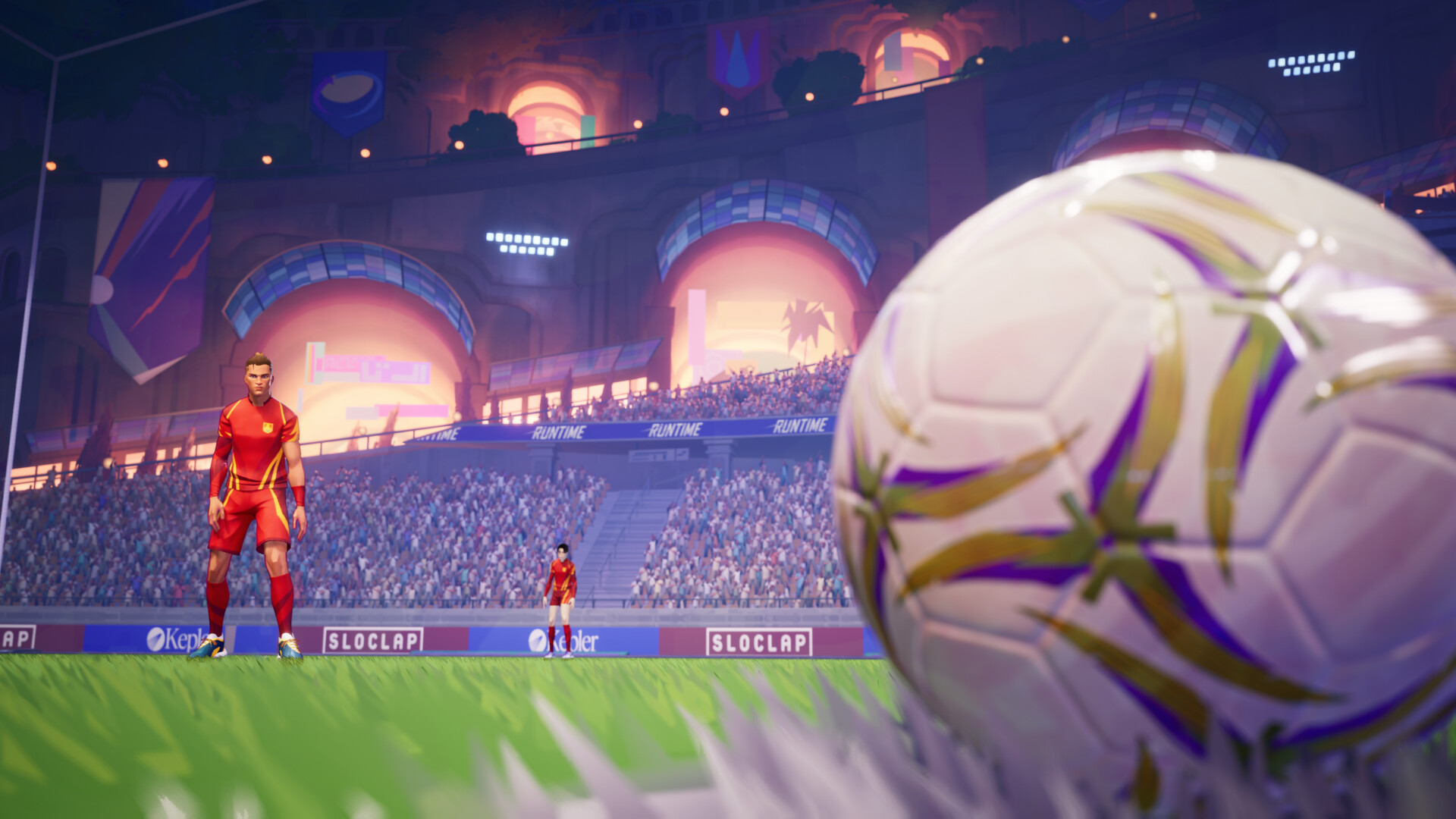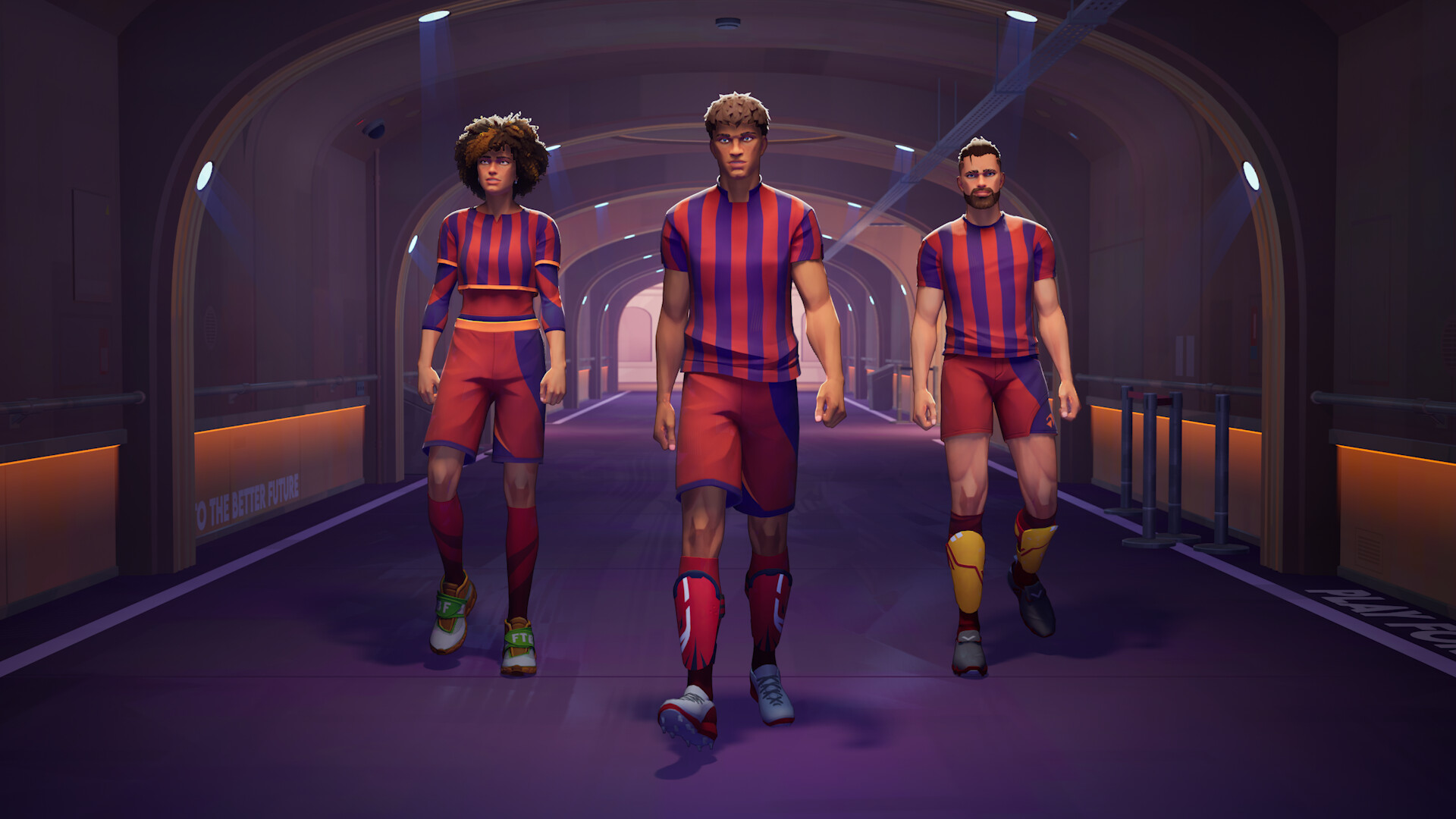
It's a bold strategy.
Good news, everyone! Embracer Group is bringing an end to its restructuring process. You know, the one that followed in the wake of its collapsed $2 billion deal, resulting in the closure of Volition and Free Radical, the layoff of over 1,300 developers, the cancellation of a new Deus Ex, and a fire-sale of studios that include Saber Interactive and, most recently, Borderlands developer Gearbox.
As reported by RPS, Gearbox’s sale represents the final aftershock of the city-flattening earthquake that was Embracer’s restructure, as explained by CEO Lars Wingefors in an investment call about the Gearbox divestment.
“We are ending the restructuring programme now, end of March, and the Gearbox restructuring process has been part of that programme,” Wingefors said. “Now we are getting approached, I would say not quite daily, but on a weekly basis, by companies that would like to acquire certain assets within the group. And I’ve been very clear that they’re not for sale, because they’re a very important part for the group and for the shareholders of the group going forward.”
Wingefors says Embracer’s current plan “to increase profitability and cashflow generation” is “simply making better products and games,” which is quite the suggestion. Personally, I thought having game developers increase profitability by making games was already the sensible, obvious way to earn money in the games industry. But what do I know? In the investment call Wingefors was, incredibly, already fielding questions about whether Embracer had plans to start… embracing, again.
“I think it’s way too early to start talking about restarting the M&A [Mergers and Acquisitions] engines again,” Wingefors said. “Now we are in the late phases of the consideration into the future of the group, and that’s our highest focus and priority—how we set up ourselves and structure ourselves, and utilise our assets we have within the group, and have them work together.”
Those “assets”—aka the thousands of developers who still work at Embracer—now have to contend with making games in the aftermath of seeing scores of their colleagues laid off. If you want to understand even a fraction of the human cost of widespread layoffs like those enacted by Embracer, PC Gamer recently dug deep into the impact of layoffs across the industry over the last 12 months. “Before there were plenty of places to land and studios would respond to swoop up talent,” said veteran developer Michelle Hebert on the subject. “This time, they’re not there because everyone is drowning it feels.”




